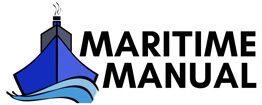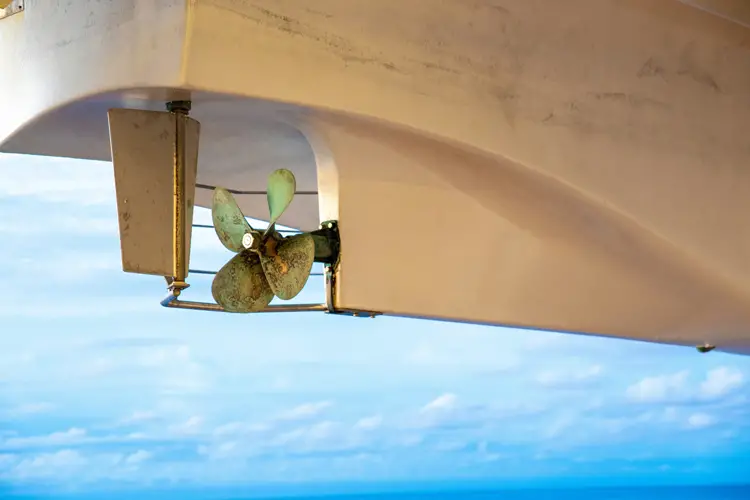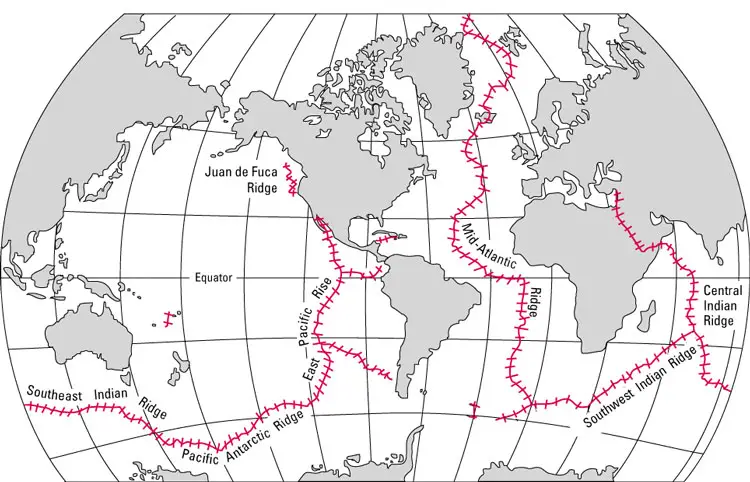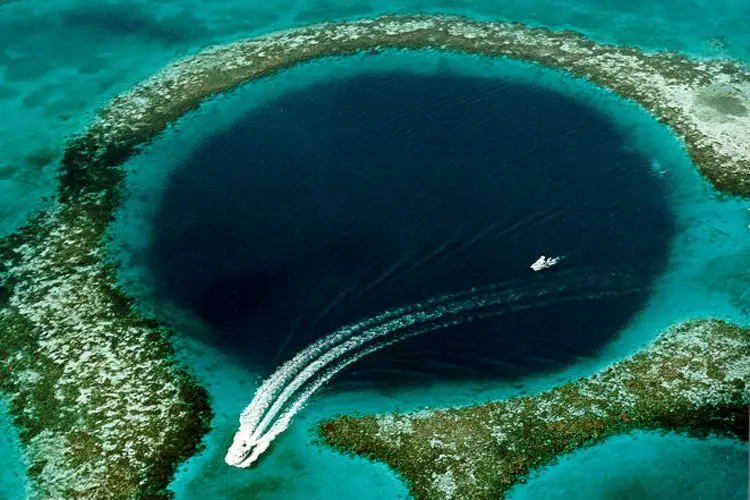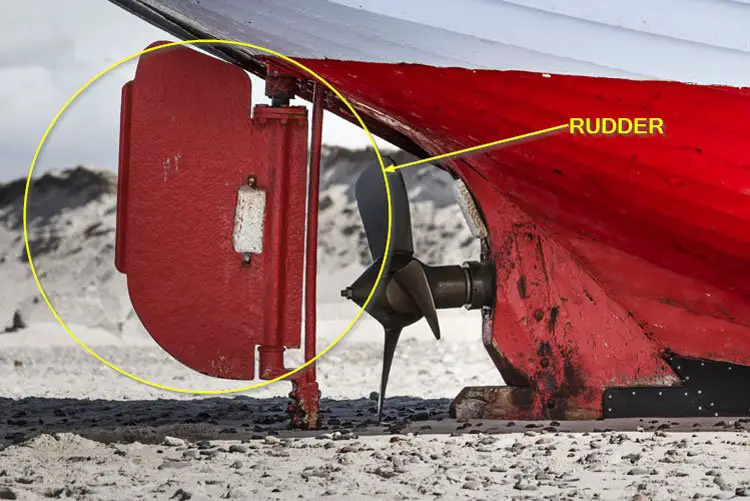Best Anti-Seizure Compounds Used in Ships

Anti-seizure compounds prevent seizure of metals parts in ships and vessels due to marine growth, corrosion, and caustic environment on ship hulls.
Common Anti-Seizure Compositions in Maritime Applications
Anti-seizure compounds, also known as antifouling coatings, play a vital role in preventing marine fouling or growth on ship hulls.
1) Copper-Based Compounds
Coatings based on Copper-Based Compounds are effective in preventing marine fouling by releasing copper ions into the water, which are toxic to marine organisms. They are wide used in because of their effectiveness. Release of copper can raise environmental concerns, as it may accumulate in sediments and harm aquatic life.
2) Organotin Compounds
Organotin based coatings have been used for a long time but have now run afoul of regulatory requirements due environmental concerns. The International Maritime Organization (IMO) has imposed strict regulations on their use.
3) Silicone-Based Compounds
Silicone based antifouling coatings are known for their durability and low friction properties as they form a non-stick surface that inhibits the marine organisms to attach to the hull. Silicone-based products have an additional benefit in that they are suitable for vessels with specific operational requirements, such as reducing drag for fuel efficiency.
4) Zinc-Based Compounds
Zinc based compounds are a good alternative to copper based coatings as they are environmentally friendly and as effective as copper based ones.
Best Anti-Seizure Compounds Used in Ships
Copaslip
Copaslip is a type of anti-seize compound used in ship maintenance. It is typically applied to threaded connections, bolts, and other fasteners to prevent corrosion and seizure due to exposure to saltwater and other harsh marine conditions.
- Temperature Tolerance: Copaslip is generally effective in a wide temperature range, typically from -30°C to 1100°C (-22°F to 2012°F).
- Pressure Tolerance: It can withstand moderate to high pressures depending on the specific formulation.
- Purpose: Copaslip is designed to prevent corrosion and seizing of threaded connections and fasteners in marine environments.
- Composition: It usually contains a blend of copper and graphite particles in a grease base.
- Characteristics: Copaslip provides excellent anti-seize properties, electrical conductivity, and resistance to saltwater. It also acts as a lubricant.
- Applications: Commonly used in ship maintenance for applications such as bolted joints, flanges, and other metal-to-metal contacts.
- Environmental Impact: Copaslip can have environmental impact due to its copper content. Copper can be toxic to aquatic life if released into the water. Proper disposal and containment are essential to mitigate environmental effects.
Alum Slip
Alum slip is an anti-seize compound that contains aluminum powder or flakes. It is used on ships to prevent the binding and corrosion of metal components, especially in areas exposed to moisture and saltwater.
- Temperature Tolerance: Alum slip can handle temperatures ranging from -30°C to 800°C (-22°F to 1472°F).
- Pressure Tolerance: It offers good resistance to moderate pressures.
- Purpose: Alum slip is used to prevent corrosion and binding of metal components in marine and industrial settings.
- Composition: It typically contains aluminum powder or flakes suspended in a grease or oil carrier.
- Characteristics: Alum slip provides effective anti-seize properties, especially in environments with moisture and salt exposure.
- Applications: Applied to threaded connections, bolts, and other fasteners on ships and industrial machinery.
- Environmental Impact: Aluminum is generally considered less harmful to the environment than some other metals. However, disposal practices should still adhere to environmental regulations to prevent contamination.
Nickel Slip
Nickel slip is an anti-seize lubricant containing nickel particles. It is applied to ship components that require protection against corrosion and galling. Nickel slip is effective in high-temperature and corrosive environments.
- Temperature Tolerance: Nickel slip can withstand temperatures ranging from -30°C to 1300°C (-22°F to 2372°F).
- Pressure Tolerance: It is suitable for use under high-pressure conditions.
- Purpose: Nickel slip is primarily used to prevent galling and seizing of metal components in high-temperature and corrosive environments.
- Composition: It contains nickel particles in a grease or oil base.
- Characteristics: Nickel slip offers excellent anti-seize and anti-corrosion properties and is resistant to extreme conditions.
- Applications: Commonly used in ship engine maintenance, particularly on exhaust and turbocharger components, as well as in various industrial applications.
- Environmental Impact: Nickel itself is a relatively inert material, but nickel compounds can be toxic to aquatic life. Care should be taken to prevent runoff into water bodies.
Molyslip/MolyKote
Molyslip and MolyKote are well-known brands of anti-seize compounds. They contain molybdenum disulfide or other solid lubricants and are used in ship maintenance to prevent friction, corrosion, and seizure of metal parts.
- Temperature Tolerance: Molyslip and MolyKote can typically handle temperatures from -30°C to 650°C (-22°F to 1202°F).
- Pressure Tolerance: They are suitable for a range of pressure conditions.
- Purpose: These products are designed to reduce friction, prevent corrosion, and avoid seizure of metal parts.
- Composition: They contain molybdenum disulfide (MoS2) or other solid lubricants in a grease or oil base.
- Characteristics: Molyslip and MolyKote offer excellent lubrication properties, making them ideal for machinery components in various industries.
- Applications: Widely used in ship maintenance for applications like bearings, gears, and sliding surfaces.
- Environmental Impact: Molybdenum disulfide is generally considered safe for the environment. However, proper disposal practices should be followed.
Grease
Grease is a commonly used lubricant on ships. It is applied to various mechanical components, including bearings, gears, and shafts, to reduce friction and protect against corrosion.
- Temperature Tolerance: Grease formulations can vary, but they are often effective within a temperature range of -20°C to 160°C (-4°F to 320°F).
- Pressure Tolerance: Grease can handle a range of pressure conditions.
- Purpose: Grease is a general-purpose lubricant used to reduce friction and protect metal components from corrosion.
- Composition: Grease consists of a thickened oil base with additives.
- Characteristics: Grease provides long-lasting lubrication and resistance to water and contaminants.
- Applications: Used in various ship components, including bearings, gears, and open gears, as well as in industrial machinery.
- Environmental Impact: The environmental impact of grease can vary depending on its composition. Biodegradable and environmentally friendly grease formulations are available and should be considered where possible.
Lubricating Oil: Lubricating oils are essential for the proper functioning of ship engines and machinery. They are used to reduce friction, dissipate heat, and prevent wear and tear on moving parts.
- Temperature Tolerance: Lubricating oils come in different grades, and their temperature tolerance varies accordingly.
- Pressure Tolerance: They are suitable for a range of pressure conditions.
- Purpose: Lubricating oils are essential for reducing friction, dissipating heat, and protecting moving parts from wear and tear.
- Composition: Lubricating oils consist of base oils with additives to enhance their performance.
- Characteristics: Lubricating oils offer smooth and efficient lubrication for ship engines, gearboxes, and hydraulic systems.
- Applications: Used extensively in ship engines and machinery where continuous and reliable lubrication is required.
- Environmental Impact: The environmental impact of lubricating oils can be significant if they are not managed properly. Spills and leaks can contaminate water bodies and harm wildlife. It is crucial to follow stringent environmental regulations for oil handling and disposal.
Vaseline/Petroleum Jelly/Soft Soap: These substances are sometimes used as anti-seize compounds in emergency situations on ships. While not as effective as specialized anti-seize compounds, they can provide temporary protection against corrosion and seizure of metal components.
- Temperature Tolerance: These substances have limited temperature tolerances and may melt or solidify at extreme temperatures.
- Pressure Tolerance: They are not designed for high-pressure applications.
- Purpose: These substances can provide temporary anti-seize protection for non-critical ship components in emergency situations.
- Composition: Vaseline and petroleum jelly are petroleum-based products, while soft soap is a fatty acid soap.
- Characteristics: They offer basic corrosion prevention and lubrication properties but are not as robust as specialized anti-seize compounds.
- Applications: Used sparingly in emergency ship repairs when specialized products are unavailable.
- Environmental Impact: Petroleum-based products like Vaseline and petroleum jelly can have adverse environmental effects if released into the environment. They can contaminate soil and water and harm aquatic life. Care should be taken to minimize their use and handle them responsibly.
Soft Soap: Soft soap, often used for cleaning purposes, can also serve as a basic anti-seize compound in a pinch. It is applied to prevent rust and binding of metal parts in non-critical applications on ships.
- Temperature Tolerance: Soft soap may become less effective at very high or low temperatures.
- Pressure Tolerance: It is not designed for high-pressure conditions.
- Purpose: Soft soap can serve as a basic anti-seize compound in non-critical ship applications.
- Composition: Soft soap is made from natural fats and oils and is typically used for cleaning.
- Characteristics: It provides limited anti-seize and corrosion protection.
- Applications: Used in non-critical ship components or as a temporary measure when better options are unavailable.
- Environmental Impact: Soft soap is typically biodegradable and poses fewer environmental risks compared to petroleum-based products. However, responsible disposal practices should still be followed.
What Defines the Quality of Anti-Seizing Compounds?
The quality of anti-seizing compounds can significantly impact their effectiveness and performance. Key factors that determine their quality include:
Composition: A good-quality anti-seizing compound should have a well-balanced composition. It typically consists of active metal ingredients and a minimal amount of grease.
Type: The type of anti-seizing compound is essential, as different compounds are suitable for specific conditions. For example, zinc-based compounds are ideal for ambient conditions, while copper-based ones are commonly used in marine environments, especially at elevated temperatures.
Temperature Resistance: The compound’s ability to withstand high temperatures is critical, as maritime machinery often operates under extreme conditions. It should remain effective even in elevated temperature environments.
Pressure Resistance: In applications where high pressures are involved, the anti-seizing compound should have the necessary characteristics to withstand these pressures effectively.
Corrosion Inhibition: Effective anti-seizing compounds should contain corrosion inhibitors to protect metal surfaces from rust and corrosion, particularly in a marine environment.
